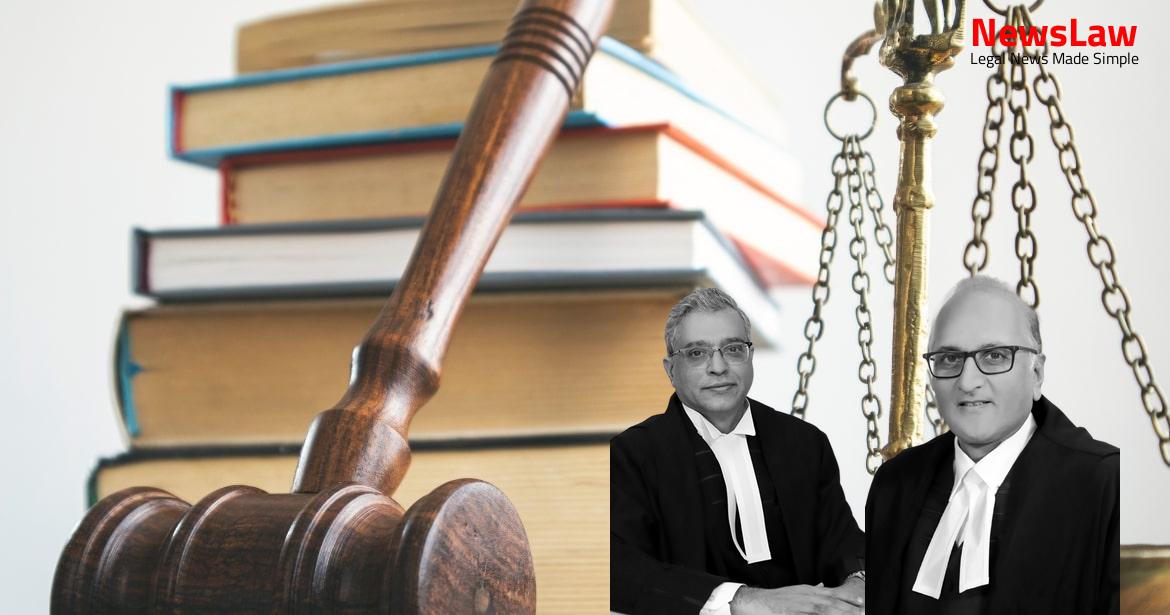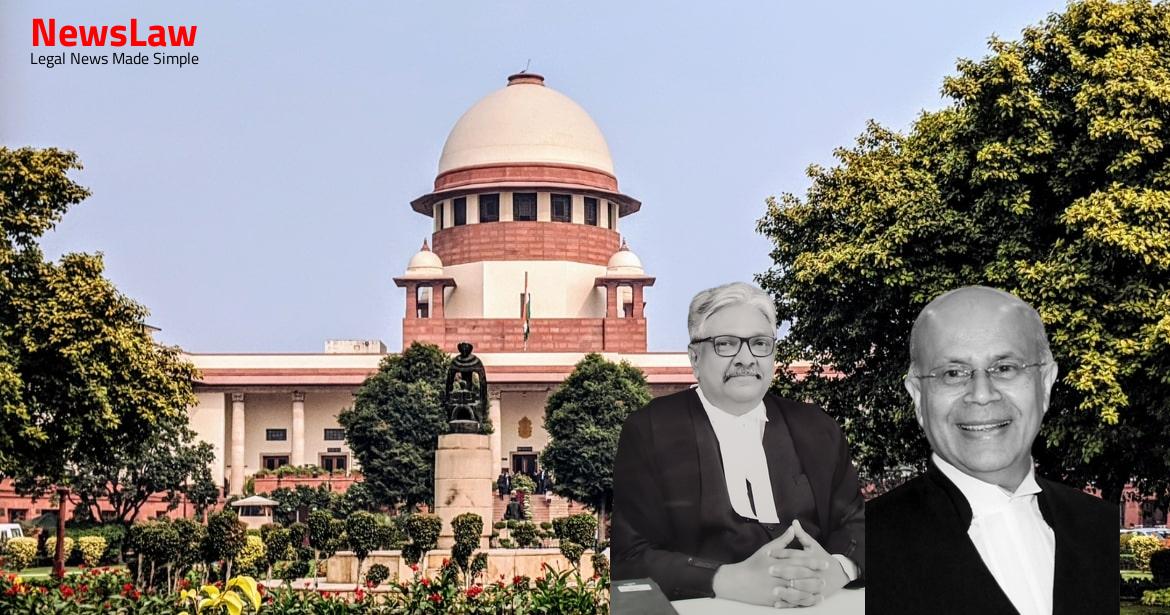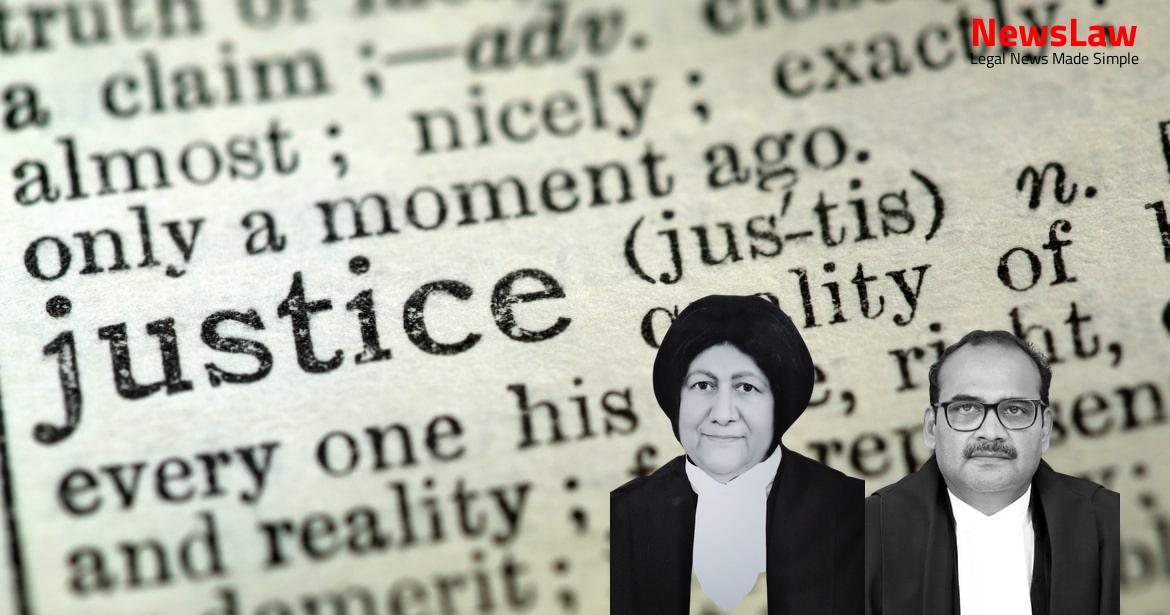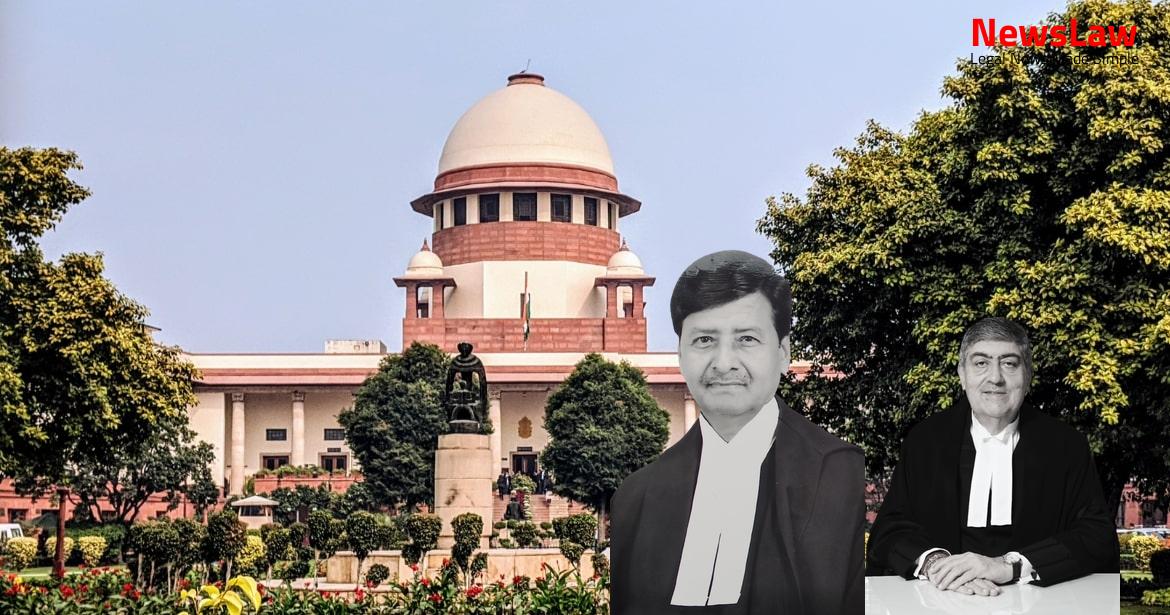Explore the intricate legal analysis of income tax laws regarding profit motives in charitable activities. This summary delves into the court’s assessment criteria and determinants of activities conducted by charitable trusts, with a focus on the nature of endeavors for tax exemption eligibility. Understanding the nuances in legal interpretations is essential for entities engaged in charitable endeavors to comply with tax regulations effectively.
Facts
- Income tax laws grant exemptions to income from religious and charitable trusts to minimize misuse of trust funds.
- Religious and charitable trusts have a long history, stemming from human benevolence.
- Indian philanthropy has enriched cultural heritage by addressing various societal needs.
- Charitable efforts in India complement the state’s initiatives, leading to tax exemptions for trusts.
- Income tax laws in India have favored charities and provided preferential treatment since 1886.
- The Delhi High Court upheld the ITAT’s order in a judgment.
- The AO determined that the assessee was providing services related to trade, commerce, and business for consideration exceeding ₹10 lakhs.
- The CIT(A) supported the assessee’s appeal based on the High Court’s decision in a similar case with no change in circumstances.
- The ITAT confirmed the CIT(A)’s findings, stating that the assessee did not operate with a profit motive, hence not falling under the proviso.
Also Read: Balancing Power and Transparency: Electoral Bonds Struck Down, Disclosure Mandated
Issue
- The key issue discussed in this part of the judgment is whether the activities undertaken by the assessee are for profit or without profit.
- The assessment criteria provided includes: (a) The object of the assessee being one of general public utility, and (b) Whether the advancement of the object involves activities generating income.
- The true test for determining the nature of the activities is based on the above criteria, and the answers to the questions mentioned in the text are crucial in making this determination.
Also Read: Recall of Resolution Plan Approval: Legal Analysis
Arguments
- Various statutory corporations and bodies, including AUDA, GIDC, GHB, and others, were established by or under specific statutes enacted by the Gujarat legislature and were treated as local authorities under the IT Act.
- Entities masked as charitable organizations, carrying out business activities for profit under the guise of charitable purposes, were held to be ineligible for tax exemptions.
- The amendments to Section 2(15) of the IT Act aimed to prevent entities engaged in profit-driven activities, even if charitable in nature, from claiming tax benefits.
- Activities that involve trade, commerce, or business with a profit motive are not considered charitable in the context of tax exemption eligibility.
- The primary determining factor is the nature of the activity, with profit motive being essential for categorizing an activity as trade, commerce, or business.
- Certain statutory corporations, such as GIDC, AUDA, and GMB, were demonstrated to be functioning without a profit motive, engaged in public utility services, thereby qualifying for tax exemption under Section 2(15).
- Mr. Ajay Vohra argued on behalf of AEPC claiming exemption under Section 11 from AY 1979-80 to 1990-91, highlighting the potential financial impact on assessees due to demands raised.
- Mr. Datar represented the Tribune Trust, tracing its charitable nature back to a Privy Council judgment which emphasized the trust’s public utility through the dissemination of educated public opinion.
- It was argued that cricket associations are vital for fostering talent, nurturing, and providing opportunities in cricket, thus qualifying as charities.
- The revenue department contended that constitutional immunity from taxation does not apply to state entities engaging in trade or business based on Article 289(2).
- The revenue emphasized that Article 289 does not grant absolute immunity from taxation and allows Parliament to impose taxes on state entities engaged in trade or business.
Analysis
- Section 10(23) and Section 10(20A) provided exemptions for specific types of income but were deleted by the Finance Act, 2002.
- Section 2(15) of the IT Act underwent amendments over the years, with the phrase ‘not involving the carrying on of any activity for profit’ being omitted in 1983.
- The Finance Act of 2015 introduced a proviso stating that the advancement of any other object of general public utility will not be considered a charitable purpose if it involves trade, commerce, or business activities, unless certain conditions are met.
- The introduction of the proviso aimed to restrict the scope of what constitutes a charitable purpose and exemption from taxation.
- Changes were made to the provisions related to income derived from business activities conducted by charitable trusts or institutions, emphasizing that such income should be incidental to the trust’s objectives and separate books of account maintained.
- The revenue’s appeals against various Improvement Trusts and Special Leave Petitions filed against the Gujarat Maritime Board and Karnataka Water Supply and Drainage Board are rejected.
Decision
- The revenue’s appeals against GS1, Rajasthan State Seed and Organic Production Certification Agency, and Tribune Trust are decided in favor of the revenue.
- The appeal filed by Andhra Pradesh State Seed Certification Agency is allowed.
- Several appeals and special leave petitions (SLPs) in relation to different entities and bodies are either allowed or dismissed based on specific reasons provided in the judgment.
- The matter is remitted to the concerned authorities for determination afresh.
- Some appeals against non-statutory bodies like ERNET and NIXI are decided in favor of the revenue.
- Partially successful appeals against cricket associations are remitted to the Assessing Officer for further action.
Case Title: ASSISTANT COMMISSIONER OF INCOME TAX (EXEMPTIONS) Vs. AHMEDABAD URBAN DEVELOPMENT AUTHORITY (2022 INSC 1112)
Case Number: C.A. No.-021762-021762 / 2017



